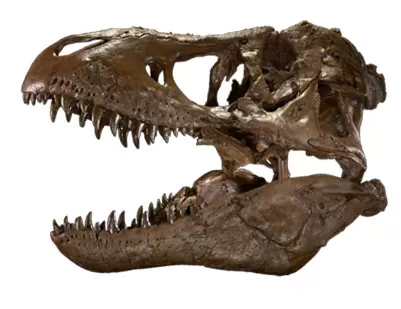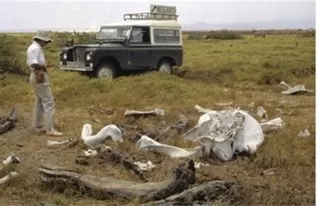
Search
ETE Research
ETE Research Coordination Network
RCN: Synthesizing Deep Time and Recent Community Ecology (DEB-1257625)
PI's: S. K. Lyons, A. K. Behrensmeyer, N. J. Gotelli
Steering Committee: K.L. Amatangelo J.L. Blois, S.L. Wing
Ecological systems contain many unique organisms that interact in complex ways with their biotic and abiotic environment. Understanding the structure and dynamics of these systems is a central goal of ecology. Traditional ecology knows a lot about the individual components of ecological systems but considerably less about the linkages between individuals, populations, communities and ecosystems - what holds these together or breaks them apart. Studies in deep time (103 – 107 yrs ago) can reveal how communities change or persist over evolutionary time and how they respond to major environmental shifts. This Research Coordination Network will bridge the gap between ecology and paleoecology and apply modern ecological theory to gain in-depth understanding of land-based faunas and floras of the past 400 ma. The RCN’s resources and expertise will focus on the following big question: What are the patterns and causal processes of animal and plant community assembly and disassembly over geological time and up to the present-day? This will generate new perspectives on change in the planet’s ecosystems before human impact, allow us to compare what is happening now, and give us some ideas about what may happen in the future.
The broader impacts from this coordinated RCN effort, include 1) a more comprehensive model for community assembly and disassembly that uses both neo- and paleo-ecological data and insights, 2) multiple research publications, 3) a Foundations of Paleoecology volume, 4) a database for communities of different land plants and animals over different scales of space and time, 5) research experience and training of undergraduates and graduate students 6) outreach to the general public through the new NMNH Deep Time exhibit and 7) games and teacher manuals to promote the teaching of new links between ecology and paleoecology in public schools.
Projects

Biology of the Early Jurassic sauropodomorph dinosaur Massospondylus from South Africa
Massospondylus is now the best-documented close relative of sauropod dinosaurs, the study of its ontogeny offers new insights into the fascinating problem of the origin of the largest land animals of all times.

The Bones of Amboseli Park, Kenya
Research on the taphonomy of modern vertebrates in this ecosystem to understand the complex processes that lead from living animals through death assemblages into the fossil record.